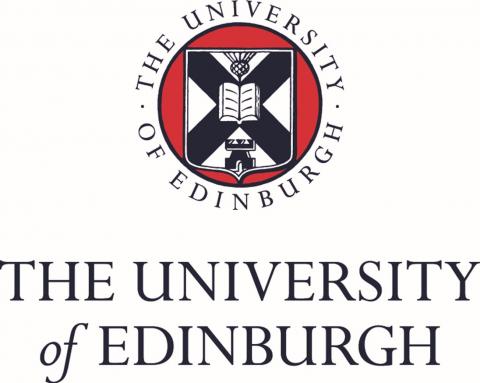University of Edinburgh
Course code:
700
Course length:
3 years (full-time)
Phone:
You can email any enquiries after checking all 6 pages below, which cover most FAQs
Administration email:
[email protected]
Overview
Who can apply:
We do not accept applicants who have not yet graduated.
Qualifications:
A UK 2:1 honours degree or its international equivalent.
You must be eligible for GBC (through your undergraduate degree or through a GBC conversion course). Applicants should hold a:
- GBC-accredited honours degree with a mean percentage mark of at least 61 in the final 2 academic years FTE OR
- GBC-accredited MSc conversion degree in psychology with a mean percentage mark of at least 61 OR
- GBC-accredited higher diploma conversion in psychology with 240 credit equivalent (120 ECTS), where the overall number of research credits is at least 80 (40 ECTS), and with a mean percentage mark of at least 61
Experience:
No particular time scale of experience required.
Please see our Entry Requirements page for information about relevant experience.
Residence:
Applicants must have the right to work in the UK without restriction.
Application:
Online Situational Judgement task.
2 written questions completed online but not under timed conditions.
Disability:
We participate in the Disability Confident Scheme.
Document requirements:
All applicants, regardless of nationality or first language, should check our website for the evidence you need to provide of your English language ability.
Please provide a document confirming your GBC status, plus:
- Undergraduate degree TRANSCRIPT
- Conversion course TRANSCRIPT (if completed)
- English test - ALL APPLICANTS check requirements of the course
Professional accreditation
This course is accredited by:
- Health and Care Professions Council (HCPC)
- British Psychological Society (BPS)
Recognition of prior learning (RPL) will be applied for candidates who have completed the MSc in Applied Psychology for Children and Young People at the University of Edinburgh or the MSc in Psychological Therapy in Primary Care provided jointly by the Universities of Stirling and Dundee, which have significant clinical practice (placement) components. Any consideration of RPL will not have any influence on the selection of trainees.
Please note that the MSc in Psychological Therapy in Primary Care and the MSc in Applied Psychology for Children and Young People have been designed as an innovation in the training structure for Applied Psychologists and provide MSc graduates to NHS workforce roles. NES funds these training roles in addition to the Doctoral training places. Please see the Who Can Apply section within Entry Requirements for funding requirements for applicants who have received NES funding for the MSc in Psychological Therapy in Primary Care or MSc in Applied Psychology for Children and Young People and other NES-funded training.
Approach and theories
The Programme is pluralistic in its psychotherapeutic orientation, with particular strengths in cognitive-behavioural approaches (CBT), including ‘third-wave’ models, and systemic approaches. Our main approaches are as follows:
- Cognitive and/or Behavioural (e.g. cognitive therapies, schema therapy, and third wave approaches)
- Systemic approaches (e.g. family work, broader systems work, organisational and team work)
- Interpersonal / Relational (e.g. psychodynamic practice, mentalisation based therapy, interpersonal, parenting and attachment based work)
The Programme allows you to choose certain elements of your training in Year 3, enabling you to specialise. These "Advanced Practice Seminars" (APSs) cover therapeutic modalities and also specialist populations in depth and are typically structured as seminars and advanced skills workshops. Whilst topic areas can vary over time, current options include Schema Therapy, Cognitive Analytic Therapy, Psychodynamic Psychotherapy and advanced practice in systemic and family therapies as well as more in-depth training in Interpersonal Psychotherapy (IPT), Acceptance and Commitment Therapy and Psychological Approaches to Psychosis.
Placement locations
Trainees will be employed by one of the 10 NHS Health Boards (Dumfries and Galloway, Borders, Lothian, Lanarkshire, Fife, Forth Valley, State Hospital, Tayside, Grampian, Orkney) that are part of the programme. All of the trainee’s placements will be within their employing Health Board, but sometimes placement availability means that one placement may take place in another Health Board. The exception to this is trainees employed by The State Hospital who will have first and second year placements in The State Hospital and one other Health Board within commuting distance of Edinburgh – and then third year placements in The State Hospital.
Placements in all of our Health Boards may require considerable travel, sometimes in areas without public transport options. Therefore, driving and having access to a car will be of considerable benefit whilst on the Programme. These factors will have no impact on the selection of trainees. Where trainees have a specific need to minimise travel due to a disability, reasonable adjustments will be made.
Last updated:
1st September 2025

